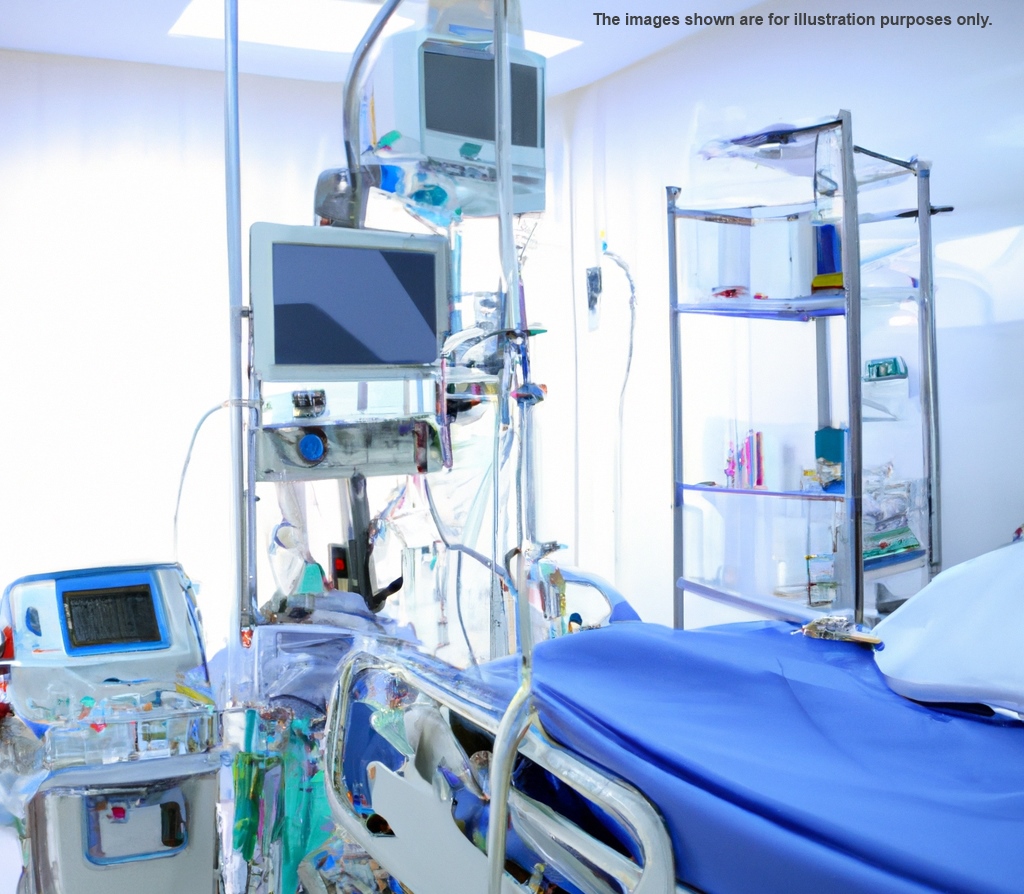Neonatal Intensive Care Unit (NICU)

A Neonatal Intensive Care Unit (NICU) is a specialized unit dedicated to
caring for newborn infants who are ill or born prematurely.
The NICU is typically overseen by one or more neonatologists and staffed by
various healthcare professionals including nurses, nurse practitioners,
pharmacists, physician assistants, resident physicians, and respiratory
therapists. Larger units may also have access to additional specialists and
ancillary disciplines. The term "neonatal" derives from "neo," meaning new,
and "natal," pertaining to birth or origin.
An incubator, also known as an isolette, is a device designed to maintain
optimal environmental conditions for newborns, particularly those born
prematurely or with health issues. Its functions include providing
oxygenation through methods such as head hoods, nasal cannulas, continuous
positive airway pressure (CPAP), or mechanical ventilation. Observation in
modern NICUs involves sophisticated monitoring of temperature, respiration,
cardiac function, oxygenation, and brain activity.
Incubators also protect newborns from cold temperatures, infections, noise,
drafts, and excessive handling. They provide nutrition through intravenous
catheters or NG tubes, administer medications, and maintain fluid balance by
supplying fluids and ensuring high air humidity.
Transport incubators are portable versions used when transferring sick or
premature babies between hospitals, equipped with essential medical devices
such as miniature ventilators, cardio-respiratory monitors, IV pumps, pulse
oximeters, and oxygen supplies.
While there are no mandated requirements to become a NICU nurse,
certification as a Neonatal Resuscitation Provider is typically necessary.
Some units prefer training new graduates exclusively in neonatal care, while
others seek nurses with prior experience. NICU nurses undergo rigorous
orientation and ongoing training to provide specialized care, including
administering high-risk medications, managing ventilator support, and
performing advanced interventions like hypothermia therapy for neonatal
encephalopathy. They also receive regular skills assessments and additional
training to stay updated with contemporary practices.
undo Intensive Care Unit (ICU)